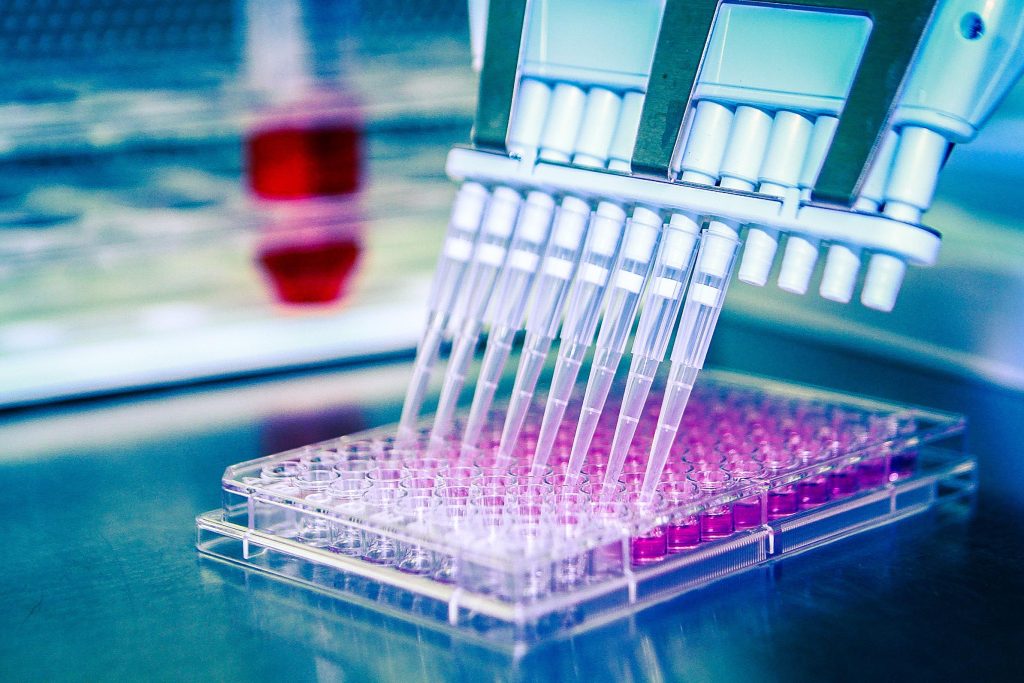The field of commercial Active Pharmaceutical Ingredient API manufacturing is continually evolving, driven by the need for increased efficiency, cost-effectiveness, and regulatory compliance. As pharmaceutical companies strive to develop and produce new drugs, they are increasingly turning to cutting-edge technologies to streamline the API manufacturing process. These technologies not only improve productivity but also enhance the quality and safety of pharmaceutical products. In this article, we will explore some of the key trends and innovations in commercial API manufacturing.

Continuous Manufacturing – Traditional batch processing in API manufacturing is being challenged by continuous manufacturing techniques. Continuous processes offer several advantages, including reduced production times, better control over reactions, and enhanced quality assurance. They allow for real-time monitoring and adjustments, leading to more consistent product quality. The adoption of continuous manufacturing is a growing trend in the pharmaceutical industry, supported by regulatory agencies like the FDA, which encourages its implementation.
Advanced Process Analytical Technology PAT – Process Analytical Technology has come a long way in recent years. The integration of advanced sensors, data analytics, and machine learning techniques allows for real-time monitoring and control of manufacturing processes. API Manufacturing Services enables manufacturers to detect and correct deviations quickly, resulting in reduced waste, higher yields, and improved overall efficiency. This technology is crucial in ensuring the quality and consistency of APIs.
Green Chemistry and Sustainability – Environmental concerns are driving the adoption of green chemistry principles in API manufacturing. This involves the use of eco-friendly solvents, reducing waste generation, and minimizing energy consumption. Green manufacturing practices not only benefit the environment but also reduce costs, making them an attractive choice for pharmaceutical companies.
Advanced Crystallization Technologies – Crystallization is a critical step in API manufacturing, and advancements in this area have a significant impact on the efficiency and quality of the final product. Techniques like supercritical fluid crystallization and continuous crystallization are being explored to improve the control of crystal size, shape, and purity, ultimately leading to better API performance.
High Potency API HPAPI Manufacturing – With the increasing development of targeted therapies, there is a growing demand for HPAPIs. These highly potent compounds require specialized containment and manufacturing processes to ensure the safety of workers and the integrity of the product. Innovations in containment technology and handling procedures are making HPAPI manufacturing more accessible and cost-effective.
Multi-Modal Facilities – Modern API manufacturing facilities are designed to be versatile, accommodating a wide range of APIs and production scales. Multi-modal facilities offer flexibility and adaptability, reducing the need for dedicated manufacturing lines for each product and optimizing resource utilization.
The pharmaceutical industry is witnessing a transformation in API manufacturing, driven by advancements in technology, quality assurance, and sustainability. The adoption of continuous manufacturing, advanced PAT, smart manufacturing, green chemistry, and other innovative approaches is enabling pharmaceutical companies to produce high-quality APIs more efficiently. As the industry continues to evolve, staying at the forefront of these cutting-edge technologies will be crucial for pharmaceutical companies to remain competitive and deliver safe and effective medications to patients worldwide.

